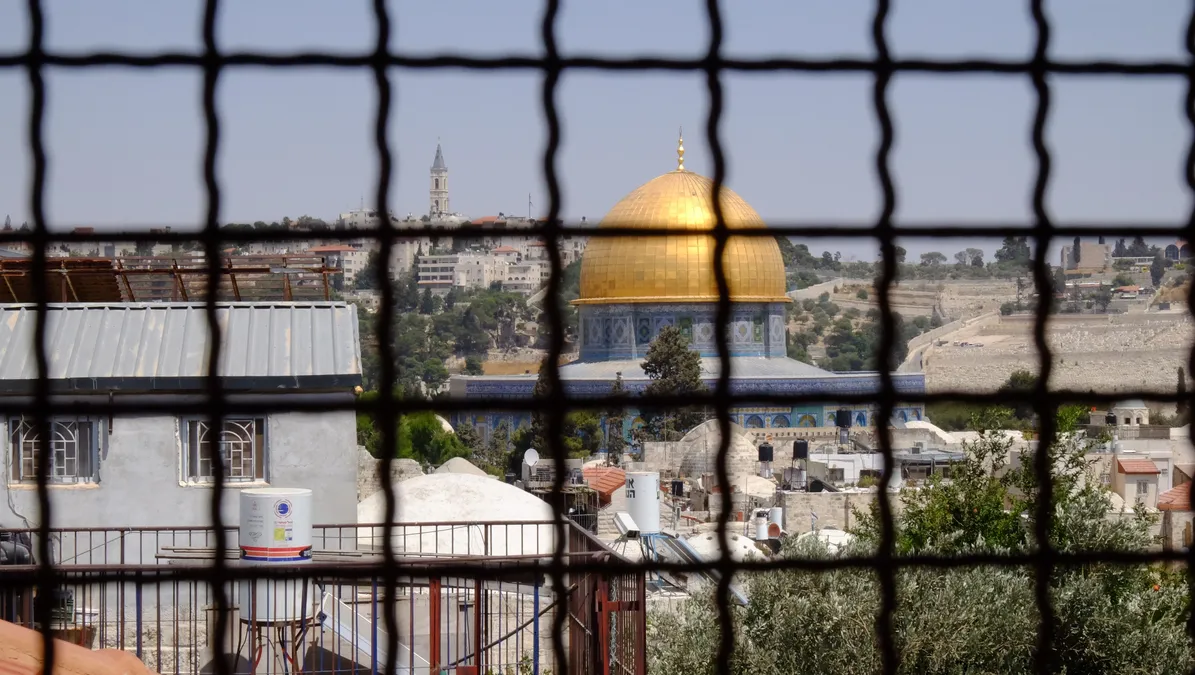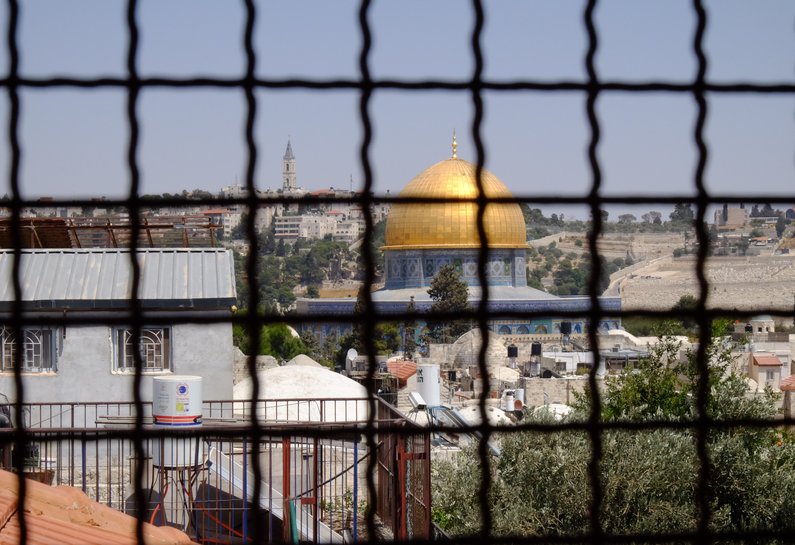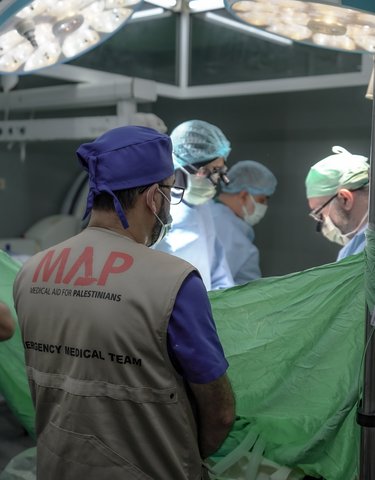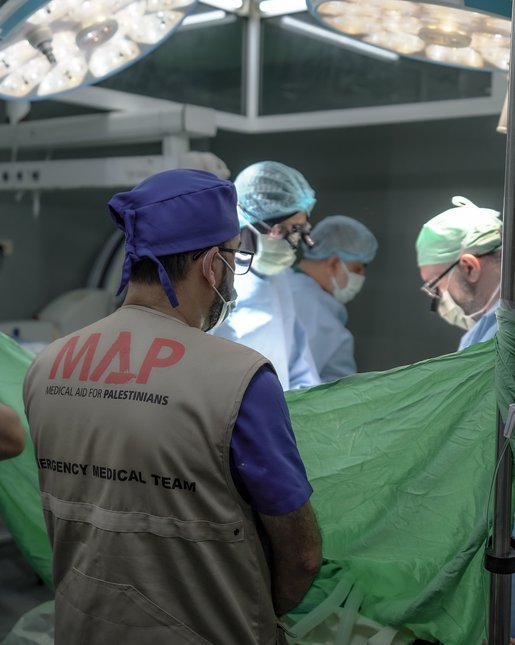“It scares me to think about the future”: Young people in East Jerusalem face fear and insecurity
3 August 2021


Israel illegally annexed East Jerusalem in 1967, and Palestinian residents have subsequently endured decades of systematic discrimination, forced displacement, violence, neglect, and de-development. Today, there are at least 350,000 Palestinians living in the annexed area who are classed as ‘permanent residents’. This precarious legal status grants them fewer rights than Israeli citizens, including settlers in occupied East Jerusalem, and, coupled with a discriminatory planning regime and frequent home demolitions, places them at persistent risk of forcible displacement and forcible transfer.
Palestinian attempts to resist Israel’s discriminatory and illegal policies and practices in East Jerusalem are a regular occurrence. In April, protests began against forced expulsion and dispossession of residents in the neighbourhoods of Sheikh Jarrah and Silwan, and raids by Israeli forces on the Al Aqsa Mosque compound. Israeli forces responded with excessive force against Palestinians – including the use of rubber-coated steel bullets, physical beatings, tear gas, sound grenades and ‘skunk water’.
During these protests, hundreds of Palestinians have been arrested, including children, and over a thousand more have suffered severe injuries. The Palestinian Medical Relief Society and Palestinian Red Crescent Society have treated around 1,300 injuries. Beyond physical injuries, this insecurity and violence has a profound impact on the psychological wellbeing on the city’s Palestinian youth.
Haneen*, a 14-year-old girl, was forced to miss school in May due to the presence of settlers and Israeli soldiers in the Old City. “We don’t have anyone to protect us. If I get attacked by the settlers, they will arrest me and investigate me, and we don’t have a Palestinian army or a leader to protect us.”
“Even when we were forced by our parents to go to school, we could not concentrate on anything,” she added. “I felt worried all the time that settlers would attack my family while I was at school. Moreover, we couldn’t concentrate because of the smell of the skunk water and the tear gas.”
Another 14-year-old, Walid*, recalled the night he was arrested. “They physically beat me all the way from my home to the police station. They broke my left arm. I was only detained for seven hours, but they were the worst seven hours of my life,” he explained, with tears in his eyes.
Many of the children we spoke to shared moments of hardship they have recently experienced. 15-year-old Tamer* said: “I cannot forget when the Israeli soldiers raided our home in the Old City. They threw tear gas inside the house and prevented us from leaving.”
Despite the situation in Jerusalem, the group shared their relationship and deep connection to the city. Saeda*, a 13-year-old girl, said: “This is not an easy city to live in. We do not feel safe, and we do not have any safe places to play or spend our time. We either spend our time at Al Aqsa compound or at the stairs of the Church of the Holy Sepulcher. All the parks are in the western part of the city, and we do not feel safe going there. The old city is filled with settlers and soldiers, but I love this city and the smell of the market. I will never leave my city.”
14-year-old Aya* expressed her hopes and fears for the future. “I wish by the time I become a mother that Palestine will be free, and my kids will have a normal childhood and not a childhood like mine,” she said. “It scares me to think about the future.”
Shayma*, another 14-year-old, started crying after speaking about how her family has been separated by Israel’s regime of permits and residency and barriers to Palestinian family reunification. Her father is from the West Bank, and holds a green Palestinian ID, while her mother is a Palestinian resident in Jerusalem, and therefore holds a blue Israeli ID. These separate ID cards affect every aspect of life, from freedom of movement, to access to services, to the coherence of the family unit.
“My father was never around us. We lived in Jerusalem away from our father while he lived in the West Bank,” said Shayma. “My dad is my protector, but he was not there for me when I was scared throughout the latest events. I felt lonely.”
The work of Al Saraya Centre is vital to the health and wellbeing of children and young people in East Jerusalem, particularly during the ongoing violence. If you would like to support MAP’s projects in East Jerusalem, please consider giving a donation today.
*Names changed to protect identities.

